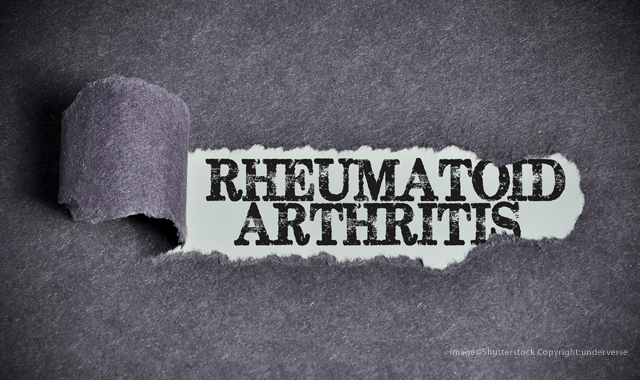Researchers find a link between periodontal disease and rheumatoid arthritis
Researchers at Johns Hopkins may have found one of the root causes of RA.

"This research may be the closest we've come to uncovering the root cause of RA," says Maximilian Konig, M.D., a former Johns Hopkins University School of Medicine fellow now at Massachusetts General Hospital.
Konig is the first author of a study that found a link between the bacterium responsible for periodontal disease and rheumatoid arthritis. In their report in the journal Science Translational Medicine, as reported by Johns Hopkins Medicine, the researchers from Johns Hopkins found that the bacterium Aggregatibacter actinomycetemcomitans is the common denominator between periodontal disease and RA.
Related article: New study finds that dental visits can reduce the risk for pneumonia
While many other studies have shown a link between RA and periodontal disease, many (especially in the last 10 years) have concentrated on the bacterium Porphyromonas gingivalis, but no evidence has been found that this bacterium can begin the process of RA, says Felipe Andrade, M.D., Ph.D., the senior study investigator and associate professor of Medicine at the Johns Hopkins University School of Medicine. However, his team kept exploring the link between the two diseases because the links between them are obvious.
The team decided to focus on a link called hypercitrullination. Citrullination, Andrade explains, occurs naturally as a means of regulating protein functions. However, in people with RA the process goes into overdrive, which results in an excess of citrullinated proteins. This causes a large production of antibodies, which cause inflammation and attack a person’s own tissues-the major symptoms of RA.
Related article: Oral bacteria linked to risk of pancreatic cancer
The team found that A. actinomycetemcomitans, out of all the bacteria associated with periodontal disease, is the only one able to induce hypercitrullination in neutrophils, white blood cells that are the most abundant inflammatory cells found in the joints and gums of people with RA. These cells have been studied as the major source of hypercitrullination in RA.
It is estimated that RA affects 1.3 million people in the U.S. alone, and as much as one percent of the world. The current treatment methods involving steroids, immunotherapy drugs and physical therapy may help some patients, but not everyone. A new treatment method is needed, and it is hoped that this research could help slow or stop the disease.
However, Konig cautions that, in a study they based some of their findings on, only 50 percent of patients with RA had evidence of an infection with A. actinomycetemcomitans. This may indicate that other bacteria in the gut or elsewhere could be using a similar method to induce hypercitrullination. Andrade also cautions that the study only focused on RA patients at a single point, and that more research will be needed to establish cause and effect. Says Andrade, “If we know more about the evolution of both combined, perhaps we could prevent rather than just intervene.”
Related article: Study finds oral bacteria linked to risk of stroke
This isn’t the first time we’ve looked at the links between oral bacteria and serious medical issues. Do your patients know about these links? Caring for the mouth means caring for the whole person-make sure that both you and your patients realize that!